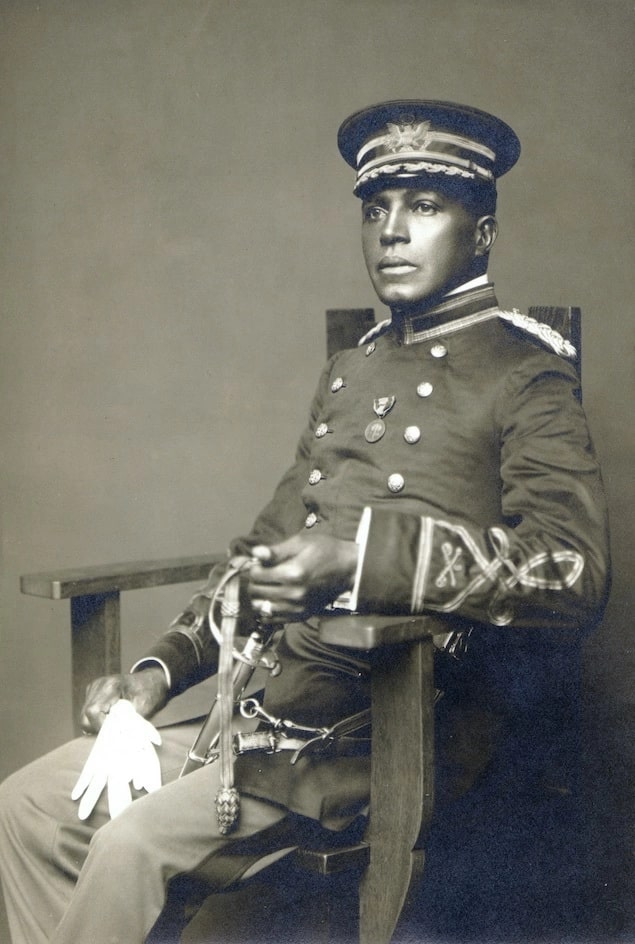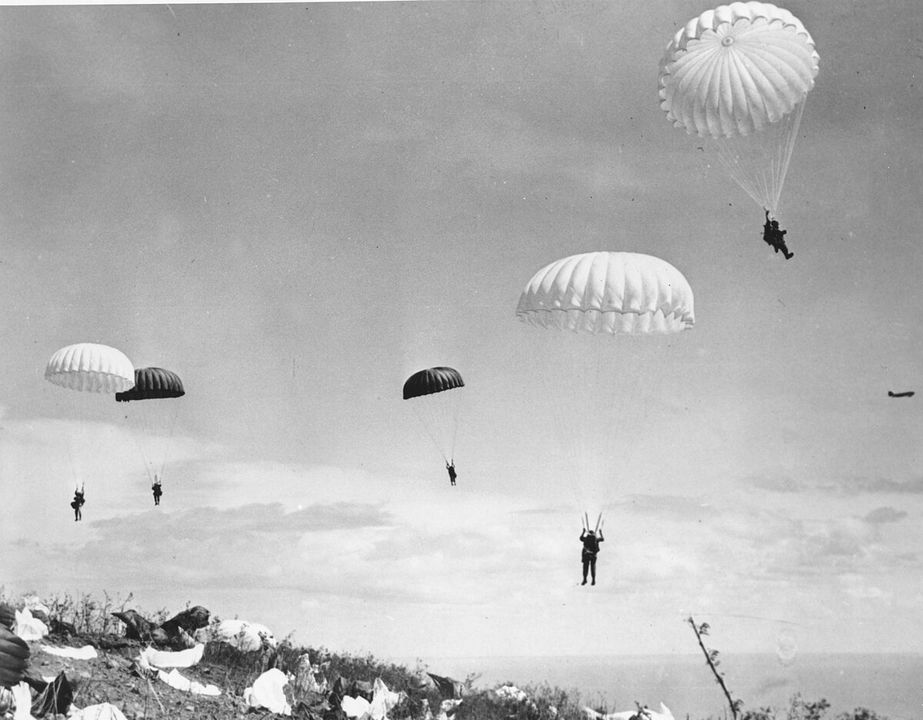
SOLDIER PROFILE – SERGEANT FIRST CLASS ALWYN C. CASHE, MEDAL OF HONOR RECIPIENT
Born in 1970 SFC Cashe was infantryman who served during 1991’s Operation DESERT STORM and 2003’s Operation IRAQI FREEDOM, earning a posthumous Medal of Honor for his actions in that conflict.
Born in 1970 SFC Cashe was infantryman who served during 1991’s Operation DESERT STORM and 2003’s Operation IRAQI FREEDOM, earning a posthumous Medal of Honor for his actions in that conflict.

During his third combat tour, SFC Cashe was serving with the 1st Battalion, 15th Infantry Regiment of the 3rd ID. On the evening of 17 OCT 2005, he was on a patrol when his Bradley Fighting Vehicle (BFV) struck an IED, crippling the BFV and causing it to burst into flames.
Drenched in fuel, Cashe leapt from the gunner position and ran to BFV’s rear to help soldiers escape. As Cashe braved the flames his fuel-soaked uniform ignited; he persevered despite severe burns, pulling seven soldiers and a translator from the burning BFV.
@TradocCG
@TradocCG

Cashe suffered second and third-degree burns over 72% of his body, ignoring his own excruciating pain as he took the lead in administering aid to his comrades until they could be evacuated for medical treatment.
#Armyhistory #USArmy #TRADOC #DesertStorm #DesertShield @TRADOC
#Armyhistory #USArmy #TRADOC #DesertStorm #DesertShield @TRADOC
Cashe died of his wounds on 8 NOV 2005 at Brooke Army Medical Center in San Antonio, Texas. He earned a Silver Star for his actions; the award was subsequently upgraded to a Medal of Honor in 2021.
#MedalOfHonor #MOH #3ID #BlackHistoryMonth #ArmyHeritage #IraqiFreedom @USArmy
#MedalOfHonor #MOH #3ID #BlackHistoryMonth #ArmyHeritage #IraqiFreedom @USArmy

• • •
Missing some Tweet in this thread? You can try to
force a refresh



















